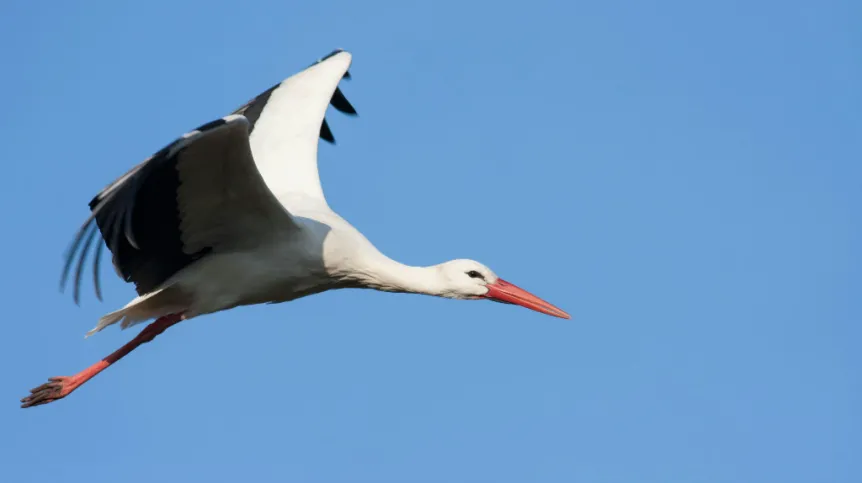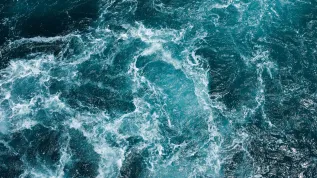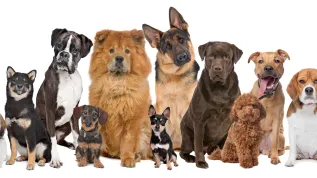
Lebanese environmentalists in cooperation with the Polish Embassy in Beirut announced a photo contest for the best picture of migrating storks. The winner will come to Poland for the ringing of these birds.
This project is part of a larger educational campaign, which aims to protect migratory birds. The campaign is organised by the Polish Embassy in Beirut, in collaboration with non-governmental environmental organizations: TERRE Lebanon and the Polish EcoLogical Group.
Every year in Lebanon, but also in Malta, Cyprus, Italy, Egypt, Jordan and Syria thousands of migratory birds fall victim to pseudo-hunters. In 2013, the National Society for the Protection of Birds (OTOP) alerted that every year in the Mediterranean countries as many as 250 million birds of different species, often endangered and protected in Europe, may die during their journey. Profiles on social networking sites contain pictures of the "hunters" and dozens, or even hundreds of dead birds, among them - storks.
To change this attitude, in the spring of 2014, as part of the campaign organised jointly with the Polish Embassy in Beirut, naturalists from the EcoLogical Group, supported by OTOP, started an educational campaign addressed to children in Lebanon.
Dozens of schools received leaflets on the protection stork and its importance to our culture. With the help of Lebanese naturalists, educational materials have been distributed on the Internet, handed to research centres and universities. The campaign used a film about storks, prepared by the Polish Press Agency journalists, and distributed by the Polish Embassy in Beirut.
Recently announced contest ("Photo Hunt") for photographic hunt during the seasonal migration of birds to Poland has been prepared by TERRE Lebanon - reported the Polish Embassy in Lebanon on its website. The winner will come to Poland for a few days for the ringing of storks.
"We assume that when this person comes back, he or she will become a local ambassador of our campaign. Of course, nothing will change immediately. However, I hope that the contest and award mark the beginning of a broader cooperation, which will help do something good for the birds. Implementation of protection regulations and compliance is one thing, but through such contests we can reach out directly to ordinary people who can act locally and little by little change the mentality" - told PAP Ireneusz Kaługa from the EcoLogical Group, who organizes the ringing of storks in several communes in Podlasie.
According to Birdlife International (BI), during autumn and spring flights between Europe and Asia and Africa, pseudo-hunters and poachers in southern countries can kill up to 500 million birds. Lebanon is also a popular destination for tourists - pseudo-hunters from Arab countries further east and south.
In mid-January, the Lebanese Environment Minister Mohammad Machnouk signed a letter of intent on the conservation of migratory birds, covering 37 species. According to the Polish ambassador in Beirut Wojciech Bożek, the decision formalizes the commitments to the Convention on the Conservation of Migratory Species of Wild Animals under the aegis of the United Nations Environment Programme, adopted by the Government of Lebanon in August 2014.
"This step is intended to both improve the country\'s international image, after severe criticism in relation to the disclosure on the internet of numerous cases of barbaric behaviour of local hunters, but also serve to protect the diversity of fauna and promote eco-tourism in Lebanon. It is also the first step towards the introduction of hunting law" - emphasised the ambassador in the release provided to PAP by the EcoLogical Group.
PAP - Science and Scholarship in Poland
zan/ agt/ mrt/
tr. RL













